At the 15th National Microbial Resources Academic Symposium, under the joint leadership of Institute of Agricultural Resources and Regional Planning (IARRP) of Chinese Academy of Agricultural Sciences and Qingdao Institute of Bioenergy and Bioprocess Technology (QIBEBT) of Chinese Academy of Sciences, in collaboration with Northeast Institute of Geography and Agroecology of Chinese Academy of Sciences, Institute of Microbiology of Chinese Academy of Sciences, Chengdu Biogas Institute of Ministry of Agriculture and Rural Affairs, COFCO Nutrition and Health Research Institute, and Moutai Science and Technology Research Institute, the "Agricultural Microbiome Atlas Project @ Single-cell (Agri-MAPS)" was officially launched on July 29.
Agri-MAPS aims to establish a new research paradigm for discovery and mining of microbes of value to agriculture, by innovations in scientific thinking, technological routes, and core equipments. Specifically, it will build an in-situ metabolic function-targeted, single-cell "screening first and cultivation second", distributed and integrated network for detection, mining, and utilization of microbial resource to support a sustainable agriculture.
Prof. ZHANG Xiaoxia from IARRP announced and introduced the project at the conference. The Ramanome data can comprehensively characterize the multidimensional and complex phenotypes of cells at the single-cell precision, with significant advantages such as broad-spectrum applicability, live-cell analysis, in-situ analysis, label-free analysis, panoramic information, ability to reveal complex functions, rapid, high throughput, low cost, and seamless integration with downstream single-cell sequencing/mass spectrometry/cultivation. It is expected to break through the limitations of the traditional "cultivate first, screen later" technology route, improve the efficiency of isolating and evaluating agricultural microbial resources, and help to establish new technical methods and standards for microbiome quality assessment and for microbial-resource mining in agriculture.
Prof. XU Jian, Director of Single-Cell Center at QIBEBT, explained that the research focus of Agri-MAPS includes two main parts: first, the development of the Ramanomics platform for culture-bank construction, mainly including methodological developments for high-throughput Raman profiling, sorting, sequencing, and cultivation of microbial communities at the single-cell level. Secondly, it will build a network of microbiome observatory stations and bioresource mining based on single-cell in-situ metabolic functions to promote the mutual adaptation of salt-alkali land and suitable crops and vice versa, thoroughly explore microbial resources in salt-alkali and black soils, and conduct demonstration projects on food storage safety and food processing applications. These endeavors are instrumental to a new-generation platform of science and technologies for securing national food security.
Agri-MAPS will be implemented in two phases: the first phase (2024-2025) will focus on representative ecological regions such as salt-alkali land and black soil, by conducting in-situ metabolic function targeted and rapid profiling of soil microbial communities, screening and cultivation of functional single-cells; the second phase (2026-2030) will focus on developing "intelligent, automated, and scalable" scientific facilities for agricultural microecological research and conducting extensive application demonstrations.
The mission of Alliance of Single-cell Technology-Culturebanks (A-STEC) is propelling the construction and operation of biological-resource banks to enter the "single-cell era" through joint research, construction, and sharing of single-cell technology platforms. As one core component of A-STEC, the now launched Agri-MAPS will introduce novel thinking, methods and instruments to bioresource protection and utilization for China's agricultural biotechnology, and provide strong support for the sustainable development of agriculture, the enhancement of food security, and the protection of agricultural ecosystems. The Agri-MAPS consortium welcomes the participation of any domestic or foreign parties, whether academic, industrial or governmental, to together contribute to the vision of "full granaries leading to world peace".



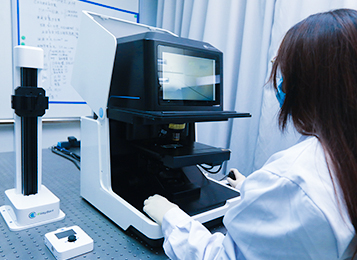
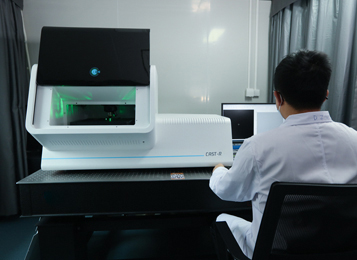
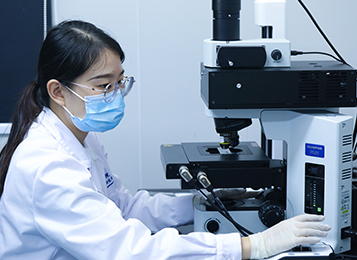
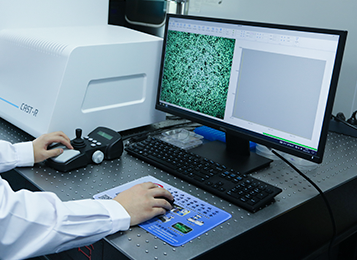
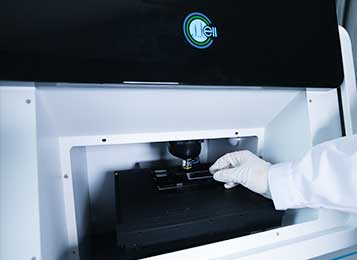






 鲁公网安备37021202001515
鲁公网安备37021202001515


